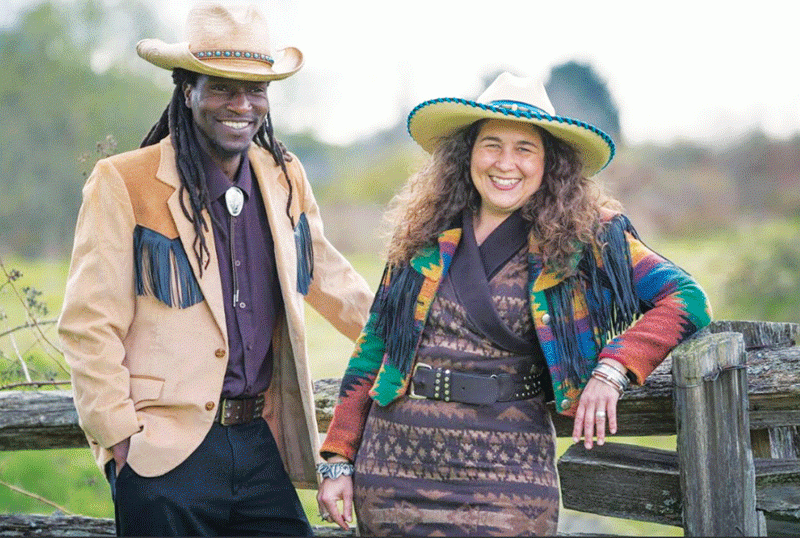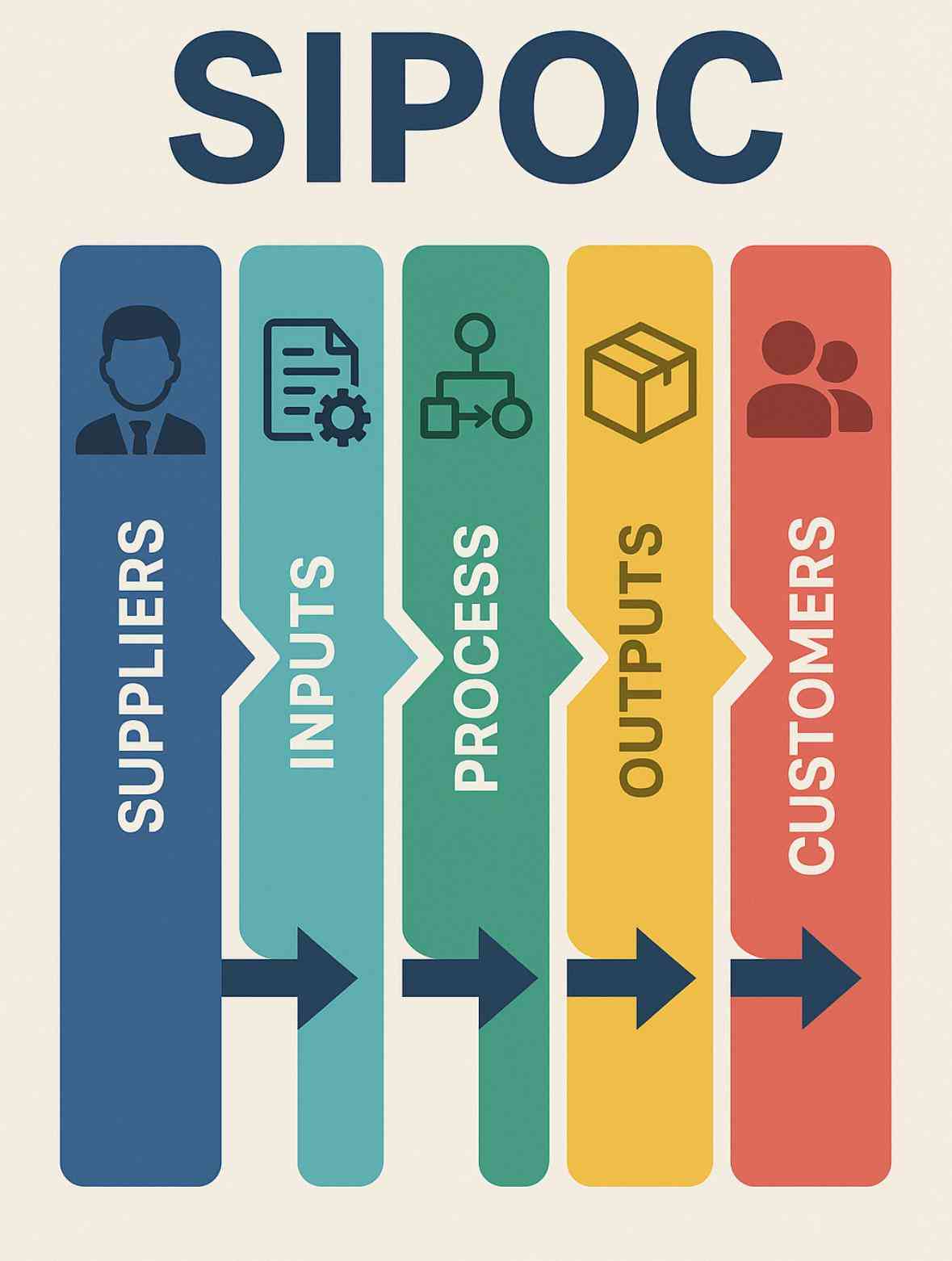
IN today’s world, it takes just five minutes to learn what’s happening in India, stay updated on events in America and discover news from the most remote corners of the globe, places we may otherwise never hear about in our lifetimes. Technology and the internet have completely transformed the way we live.
With tools like ChatGPT, DeepAI and DuckDuckGo, we now get answers to questions that once took days to resolve, all within moments. This rapid access to information is both a blessing and a curse.
It’s a blessing because knowledge is more accessible than ever, and when used wisely, it can help us to thrive. Nevertheless, it’s also a curse, as it’s contributed to a decline in deep reading and sustained focus. Most people today are easily distracted. Take a look at your phone, how many social media apps do you use? For some, it’s just one or two.
For others, it’s Facebook, Instagram, X (formerly Twitter), TikTok, Snapchat, YouTube and Discord, among others. Social media has become such a daily habit that a new term —“doom scrolling”— had to be invented. For those unfamiliar, doom scrolling is the act of endlessly scrolling through social media without gaining anything meaningful.
In the past, people spent their time reading books. Reading requires concentration and reflection. A single book may take a day, a week or even longer to finish. Today, the idea of reading a book feels foreign to many. Why? Because boredom, anxiety and depression are rampant.
Steve Jobs once said he did not allow his children to use iPads, and Mark Zuckerberg has shared that he monitors his children’s use of technology. These tech leaders understand how addictive these platforms can be, after all, they are built to capture and keep your attention. In addition, this is dangerous: You cannot accomplish anything meaningful without the ability to focus.
The Merriam-Webster dictionary defines focus as “directed attention or emphasis” — a condition that allows clear understanding. So how can we achieve our goals if we are constantly distracted?
We need to evaluate our habits and rethink how we use our time. Many will ignore the issue, but real change starts with honesty. Look at your weekly screen time report and ask yourself: Are these apps helping me or harming me? You may be surprised how many hours disappear into doom scrolling, time that could have been spent learning a language, reading a book or taking a walk.
- Chamisa under fire over US$120K donation
- Mavhunga puts DeMbare into Chibuku quarterfinals
- Pension funds bet on Cabora Bassa oilfields
- Councils defy govt fire tender directive
Keep Reading
The solution is not easy, but it’s simple: Reduce screen time and fill that space with active, meaningful alternatives. Exercise daily, even walking helps. Pick up a hobby. Read. Give your brain space to focus. Boredom, when embraced, often leads to clarity and action.
A fulfilled life doesn’t come from mindless scrolling. Consider this: spending 2,5 hours (the global daily average) daily on social media adds up to 70 hours a month, or roughly 912,5 hours a year, that’s 38 entire days lost! And what do we remember from it? Probably nothing. However, if you spent just 30 minutes a day learning something new, you could become fluent in another language or master a new skill.
The choice is yours: continue doom scrolling, or take back your time, one focused moment at a time.
- Rutendo Kureya is a medical student at Saint Petersburg State Paediatric Medical University, Russia. She is passionate about issues concerning the state and welfare of fellow Zimbabweans. She can be reached at kureyaru@gmail.com. Mobile: +7 996 274 98 66 Facebook: Rutendo Kureya. She writes here in her personal capacity.











